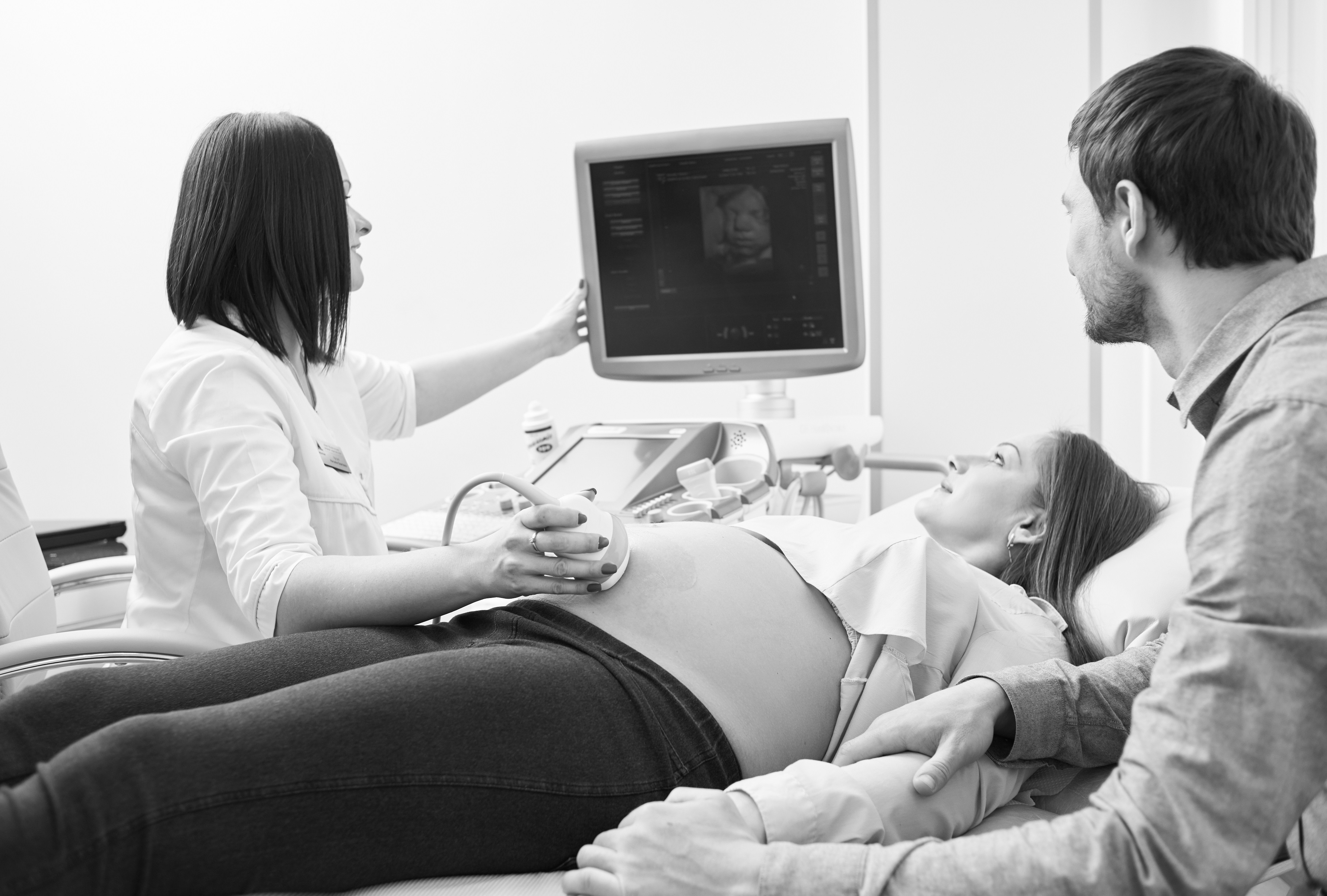Prenatal visits are one way to monitor your baby’s development and get the care you need so you and the developing baby are both healthy. Generally, someone having an uncomplicated pregnancy will visit the doctor periodically, with visits getting closer together toward the end of pregnancy. You can save most questions and minor concerns for your next visit, but the following signs are worth calling your doctor right away.
You’re Bleeding
A little bit of light spotting during pregnancy is generally nothing to worry about. Bleeding, on the other hand, can signal a serious problem. Bleeding doesn’t automatically signal a miscarriage, but that’s a possibility. Other possible problems include a cervical infection, an ectopic pregnancy, a placental abruption, or more. Some conditions that cause bleeding in pregnancy are minor, while others can be life-threatening, so it’s always important to check what’s going on as soon as possible.
You Notice Decreased Fetal Movement
Many people don’t start feeling the baby move until almost halfway through the pregnancy. Once you do notice kicks, though, they often begin to follow patterns. Even a fetus can get into a daily routine! Your doctor may recommend tracking movements once or twice a day.
A little peace and quiet in utero is no big deal, but if you haven’t felt movement in a few hours, it’s worth a check. Sometimes drinking a glass of juice for a natural sugar boost and sitting quietly gets the baby up and kicking. If not, call the doctor.
Your Face and Hands Swell
Especially in the third trimester, some swelling is fairly common. Your legs and feet are usually the main places you’ll notice swelling. Propping your feet up can help (and retire the strappy sandals until after the baby arrives–trust me on this).
A swollen face and hands, though, is more worrying, especially if the swelling is severe or comes on swiftly. Preeclampsia is a pregnancy condition involving high blood pressure. Fluid retention is a common symptom. If left untreated, preeclampsia can progress into a severe or even life-threatening stage, so your doctor needs to know if warning signs appear.
You’re in Pain
Pregnancy isn’t always comfortable. Especially as your pregnancy progresses, you may experience some minor achiness. (Having trouble getting comfy to sleep? Supporting your back and belly with body pillows can help you relax.)
Sharp, one-sided pain or intense pain that doesn’t ease with movement, though, can indicate a more serious situation. In the early weeks, severe pain can indicate a possible ectopic pregnancy, where the embryo implants somewhere other than the uterus. Miscarriage, placental abruption, and other conditions can also cause pain. Don’t force yourself to tough it out if you’re experience worse pain than normal for you.
You Might Be in Early Labor
You’re so excited to meet your little one–but not just yet. In your third trimester, your OBGYN may ask you to call right away if you notice possible signs of premature labor, such as:
- Contractions that come more frequently than 10 minutes apart
- Five or more contractions in an hour
- A sudden gush of liquid
- Cramps in your lower abdominal area, like period cramps
- A feeling of pressure in your lower pelvis, like the baby is pressing down
Most of the time, you can save questions and minor concerns for your next prenatal visit. It’s wise to trust your intuition about your body, though. If something is happening and you’re worried, you’re not going to lose anything by calling your medical provider’s office and asking to speak to a nurse.


